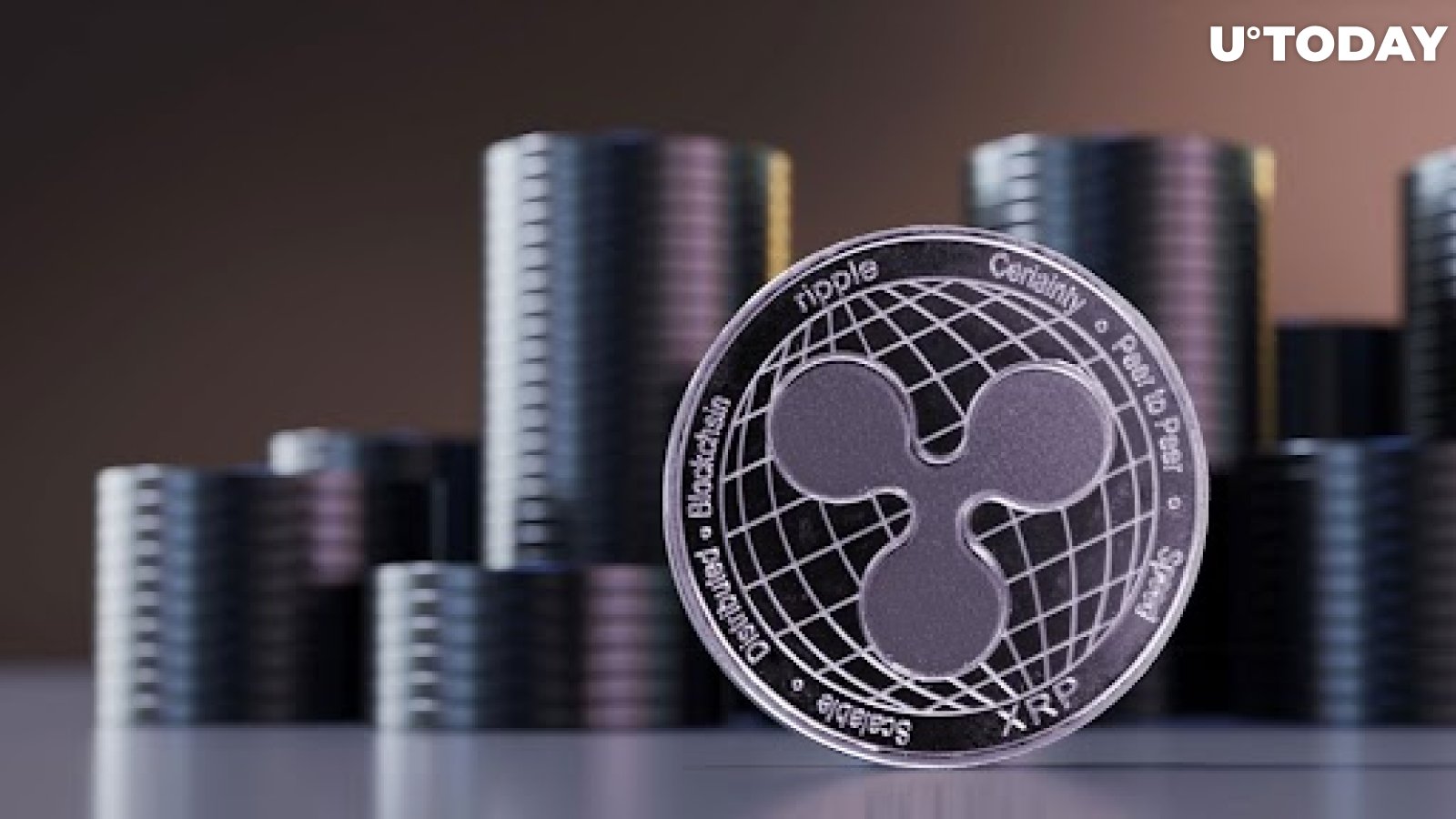Ripple’s Vision for Tokenization; What It Means for Crypto

Disclaimer: The opinions expressed by our writers are their own and do not represent the views of U.Today. The financial and market information provided on U.Today is intended for informational purposes only. U.Today is not liable for any financial losses incurred while trading cryptocurrencies. Conduct your own research by contacting financial experts before making any investment decisions. We believe that all content is accurate as of the date of publication, but certain offers mentioned may no longer be available.
In a three-part Insights series, Ripple unveils the big vision of tokenization. It said that 72% of the more than 1,700 finance leaders who participated in Ripple’s recent global survey expect to explore tokenization within the next three years, cementing the technology’s position as a cornerstone of innovation.
The increased interest in and use of tokenization may be traced back to the numerous advantages that blockchain technology provides.
Tokenization is projected to assist businesses in maximizing income through easier management, increased accessibility and more liquidity, ranging from financial assets and real estate to ownership, event ticketing and carbon credits.
Tokenization can also increase access to an asset class by lowering traditional entry hurdles, cutting costs or asset prices, and removing geographical limitations.
Companies can also benefit from the operational benefits provided by tokenized assets on the blockchain, such as speedier transactions, lower management fees and reduced costs.
Ripple uses the XRP Ledger (XRPL) as an example — a decentralized public blockchain designed specifically for financial use cases that has allowed over 2.6 billion transactions to settle in real-time for more than a decade.
According to Ripple, the benefits of tokenization can only come to fruition when the markets for tokenized assets become more liquid and have a strong secondary market.
Ripple is already setting foot in the tokenization world through its partner firms. For instance, Ripple partner Thallo tokenizes carbon credits, so data is moved, managed and recorded on the blockchain.
In November 2023, HSBC announced that the company will work with Ripple-owned Metaco to develop a digital asset custody service for institutional clients who plan to invest in tokenized securities or tokenized gold.
In 2024, Ripple CTO David Schwartz predicts real-world asset (RWA) tokenization will drive the blockchain economy, with real estate and commodities taking the lead. He predicts that tokenized RWAs on the XRP Ledger will enhance collateralized loans, improve interoperability, attract institutional adoption and reshape the financial sector.


